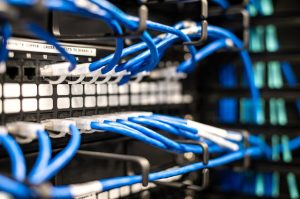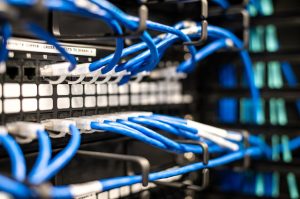
Threads of Change: The Social and Economic Benefits of Fiber Companies in Africa
Threads of Change: The Social and Economic Benefits of Fiber Companies in Africa. The advent of fiber companies in Africa has been a game-changer for the continent, driving social and economic change in various ways. From providing employment opportunities to improving telecommunications, fiber companies have been at the forefront of Africa’s development. In this article, we will explore the social and economic benefits of fiber companies in Africa, highlighting their impact on the continent’s growth and development.
The deployment of fiber optic cables in Africa has been on the rise in recent years, with many companies investing heavily in the sector. This has led to an increase in employment opportunities, both directly and indirectly, as fiber companies hire workers to install and maintain their networks. According to a report by the African Development Bank, the telecommunications sector, which includes fiber companies, is one of the largest employers in Africa, providing jobs for millions of people.
Furthermore, fiber companies have improved telecommunications in Africa, providing faster and more reliable internet connectivity. This has had a positive impact on businesses, enabling them to communicate more effectively with clients and suppliers, and access new markets. It has also improved access to education and healthcare, as people can now access online resources and services more easily. A study by the World Bank found that every 10% increase in broadband penetration in Africa leads to a 1.3% increase in economic growth.
Social Benefits of Fiber Companies in Africa
The social benefits of fiber companies in Africa are numerous. For instance, fiber companies have enabled people to access online education and healthcare services, improving their overall quality of life. They have also enabled people to connect with each other more easily, regardless of their geographical location. This has been particularly beneficial for rural communities, which have historically been disconnected from the rest of the world. A report by the International Telecommunication Union found that fiber optic cables have improved the quality of life for people in rural areas, enabling them to access basic services such as healthcare and education.
In addition, fiber companies have promoted economic development in Africa, enabling businesses to grow and thrive. They have also enabled governments to provide better services to their citizens, such as online portals for paying taxes and accessing public services. A study by the African Union found that the deployment of fiber optic cables has improved the business environment in Africa, enabling companies to compete more effectively in the global market.
Economic Benefits of Fiber Companies in Africa
The economic benefits of fiber companies in Africa are significant. The deployment of fiber optic cables has enabled businesses to access new markets and customers, increasing their revenue and profitability. It has also enabled governments to collect more taxes, as businesses are now able to operate more efficiently and effectively. According to a report by the World Economic Forum, the telecommunications sector, which includes fiber companies, is one of the largest contributors to Africa’s GDP.
Moreover, fiber companies have attracted foreign investment to Africa, as companies seek to take advantage of the continent’s growing economy. This has led to an increase in economic growth, as foreign investment creates new jobs and stimulates economic activity. A report by the United Nations found that foreign investment in Africa’s telecommunications sector has increased significantly in recent years, with many companies seeking to invest in the continent’s fiber optic cable networks.
Challenges Facing Fiber Companies in Africa
Despite the many benefits of fiber companies in Africa, there are still several challenges that need to be addressed. One of the main challenges is the high cost of deploying fiber optic cables, which can be prohibitively expensive for many companies. This has limited the deployment of fiber optic cables in rural areas, where the cost of deployment is often higher due to the lack of existing infrastructure.
Another challenge facing fiber companies in Africa is the lack of regulatory frameworks, which can make it difficult for companies to operate effectively. In some countries, the regulatory framework is unclear or inconsistent, which can create uncertainty and risk for investors. A report by the African Telecommunications Union found that the lack of regulatory frameworks is one of the main challenges facing fiber companies in Africa, and that governments need to create a more conducive environment for investment.
Conclusion
In conclusion, fiber companies in Africa have been a driving force for social and economic change, providing employment opportunities, improving telecommunications, and contributing to the continent’s economic growth. While there are still several challenges that need to be addressed, the benefits of fiber companies in Africa are clear. As the continent continues to grow and develop, it is likely that fiber companies will play an increasingly important role in shaping Africa’s future.



